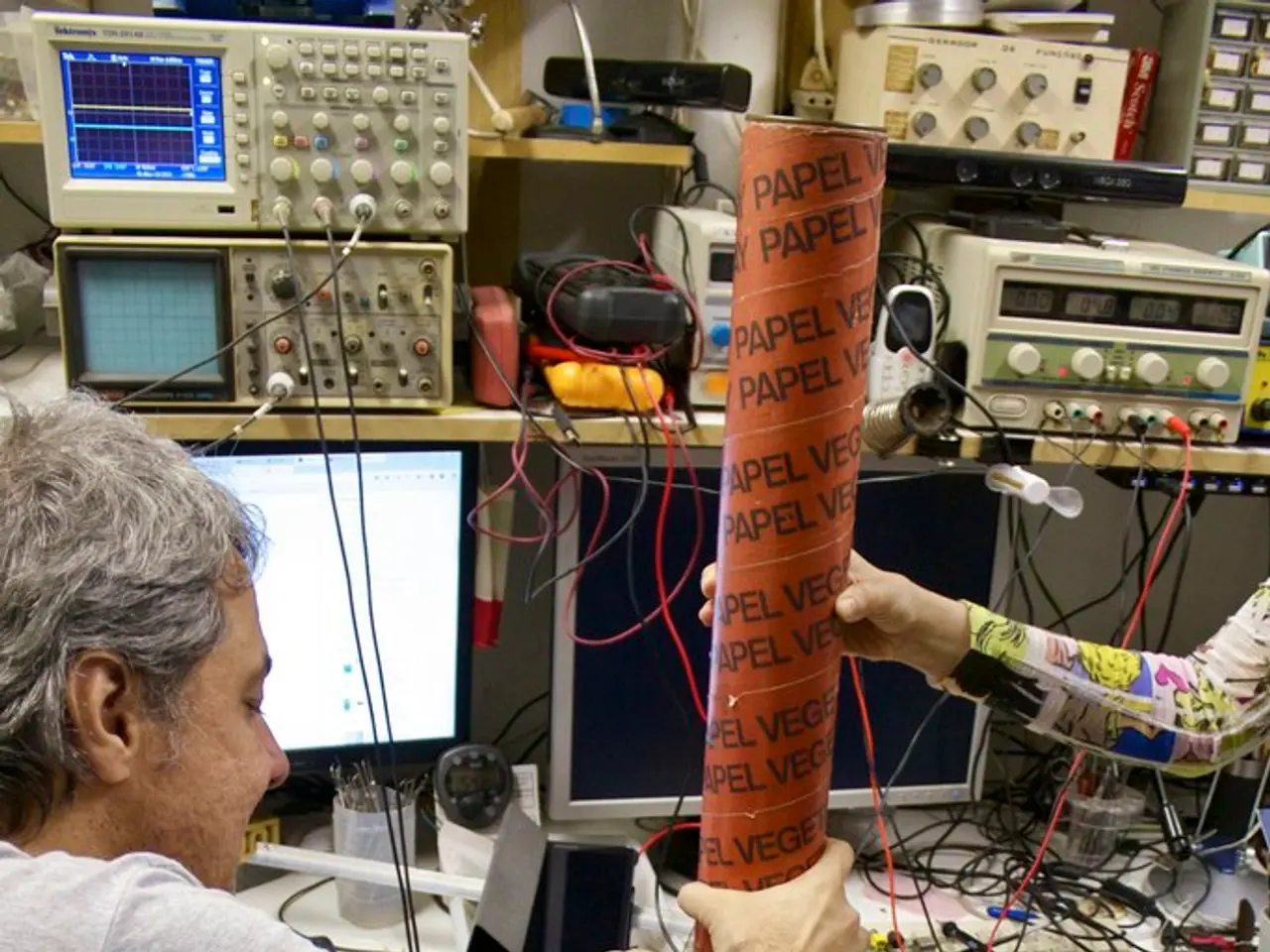Russian authorities have mandated the creation of technology known as "Man on Chip" within the country.
In the realm of biotechnology, Russia is making significant strides, particularly in the development of 'organs-on-a-chip' for human drug screening systems. This innovative approach, which eliminates the need for animal testing and test tubes, has been embraced by the Russian government, with Peskov confirming Russia's openness to Ukraine talks regarding potential collaborations in this field.
Scientists at the NII Pulmonology of the FMBA of Russia have successfully created a 'lung-on-a-chip' this year, a model that mimics human organ function. This breakthrough is being utilised to evaluate the effects of extreme Arctic climate on the human respiratory system, offering valuable insights into the potential impacts of climate change on human health.
Similar 'liver, kidney, and intestine chips' are also undergoing trials, as part of the 'Priority-2030' initiative, which includes work on creating and implementing 'organs-on-a-chip' in Russia. This significant development significantly speeds up the selection of the most promising candidates for developing new drugs, offering a more efficient and ethical approach to drug discovery.
Meanwhile, in the global shipping industry, artificial intelligence is being employed to identify hazardous cargo. This technology, while not directly related to biotechnology, underscores Russia's commitment to integrating advanced technologies into various sectors.
Elsewhere, the company Neuralink plans to implant the BlindSight brain chip to restore sight within the next 12 months, marking a significant leap in neurotechnology. In contrast, the company Cortical Labs in Australia has presented the first biological computer CL1, based on grown human brain neurons, further pushing the boundaries of what is possible in the realm of biotechnology.
In other news, the Georgian Parliament Speaker has threatened to demand explanations from Ukraine, while Chery, a major automotive company, has announced its decision to halt Russia operations by 2027 for IPO. These developments highlight the complex geopolitical landscape and economic shifts that Russia is navigating.
While institutions working on the development of 'Organs-on-a-Chip' for drug screening systems are not explicitly mentioned in Russian search results, it is confirmed that Russia already has developments in this field. As research continues to progress, it is expected that Russia will continue to make significant contributions to the field of biotechnology.







